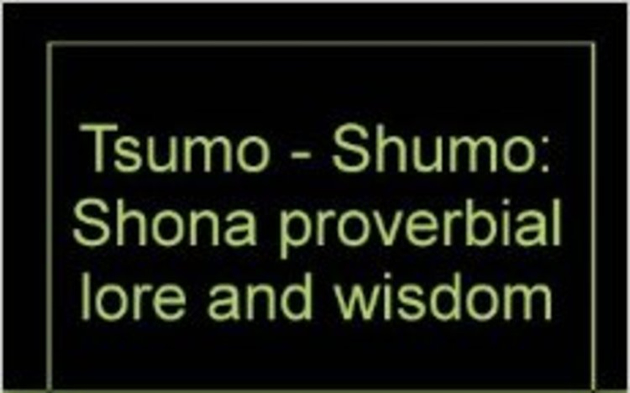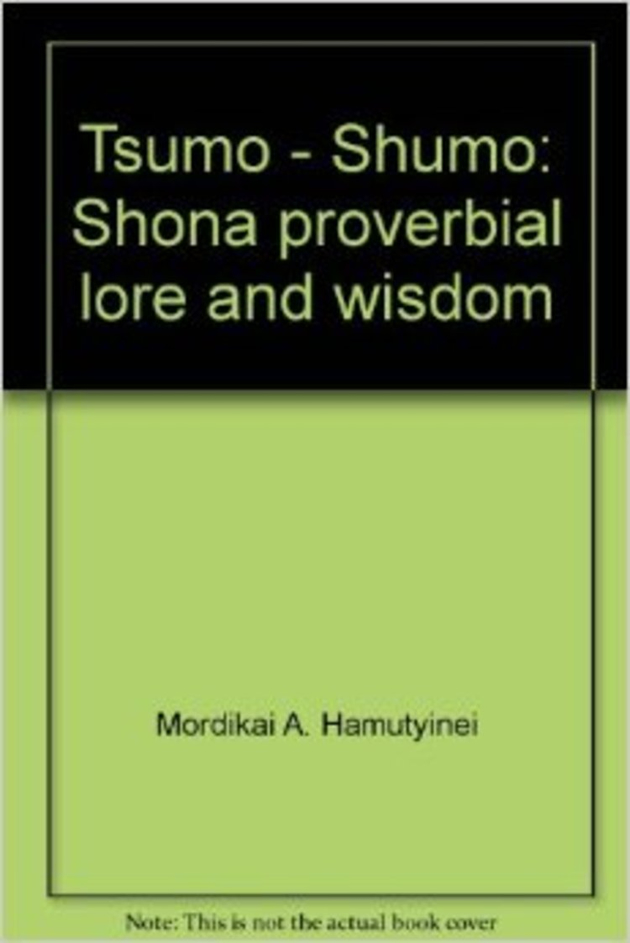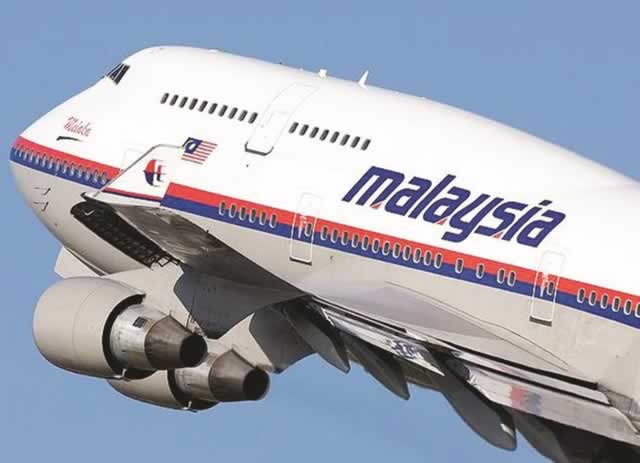Zim literature scene in need of digital overhaul

 The digital revolution is in vogue. Information and communication technologies are vastly effacing traditional life patterns. It is a virtual new world. The orbit of the hourglass prefigures a dynamic, new order of computer-generated possibilities.
The digital revolution is in vogue. Information and communication technologies are vastly effacing traditional life patterns. It is a virtual new world. The orbit of the hourglass prefigures a dynamic, new order of computer-generated possibilities.
Tragically, though, the changes are taking shape out of the rubble of the traditional scheme of things.
One embattled sector reeling from the effects of this dizzy transition is the book publishing industry.
Outside the classroom there is lukewarm interest in books even as preoccupation with the Internet penetrates all spheres of life.
Yesteryear enthusiasts have disinvested interest from literature and tagged themselves along the trending applications.
The world has been reconfigured around the social utility engines.
The Internet has become the cosmopolitan hub outside which one is out of touch with the times.
Not so with local literature.
Books, especially in hard format, have simply lost their command on the crest of popular culture. Worse still, over-the-counter transactions are giving way as the principal means by which literary works are accessed.
Piracy is staple fare, digging deep into the pockets of the already impoverished book value chain.
That means local literature is staring into a double-barrelled sustainability challenge, with diminishing circulation on one hand and a massive rip-off on the other hand.
Stakeholders in the fraternity are jittery. Some publishers are closing shop while some authors are capping their pens for more gainful ventures.
It is as if literature has reached its sell-by date.
However, it is pertinent to observe that technology is not an enemy but an enabler, which when embraced, will revive the fortunes of our book sector.
Visibility, cost- effectiveness and efficiency are benefits publishers can readily tap into.
“The Fry Chronicles” author remarks: “Books are no more threatened by Kindle than stairs by elevators.”
It is time our publishers touched base and came aboard the 21st century.
ICTs must not be regarded from an adversarial prism but as an enabling device.
Imagine some of our classics from across the languages were packaged into e-books and sold online at an afford-able price.
Picture a Facebook appreciation page for Mordecai Hamutyinei, complete with links for buying his works in both hard and soft format.
“Stock complaints about the inherent pleasure of ‘ye olde’ format are bandied about whenever some new upstart invention comes along. Each moan is nothing more than a little foetus of nostalgia jerking in your gut,” charges Charlie Brooker, another e-book exponent.
“First, they said CDs were no match for vinyl. Then they said MP3s were no match for CDs. Now they say streaming music services are no match for MP3s. They’re only happy looking in the rear-view mirror,” he says.
Needless to say, the trending possibilities have a dual bearing. They can be figuratively characterised as a double-edged implement with a surgical scalpel on one side and a lethal blade on the other.
Their vulnerable potential can alter the world either positively or negatively.
Picture liquid which having no shape of its own assumes the shape of the container.
Consider how YouTube can ferment the viral circulation of “The Innocence of Muslims”, culminating in the murder of a US diplomat, whereas the same facility can be equally used by millions for positive cross-cultural and educational exchange.
Granted, the Internet is essentially a value-laden conduit for world views – all the more reason for us, Africans, to shun our current station as perpetual recipients and tool ourselves to tell our own stories.
Online tools are intellectually empowering at no great cost or inconvenience.
President Robert Mugabe is said to have left behind his suitcase of books with a heavy heart as he crossed into Mozambique with Edgar Tekere.
It is interesting to observe how just one folder in a flash drive could have saved the day.
Whereas pioneer investigative journalist Nelly Bly traversed the world in 81 days, Julian Assange’s wanderlust can be satiated in 81 seconds, thanks to a few taps of the notepad.
Of course, such a feat speaks of mixed fortunes where geopolitics, security, diplomacy and democracy are concerned but to turn back the hour-hand seems to be no one’s privilege.
As veteran journalist Fareed Zakaria says, life today has a digital signature stored up in one tamper-proof digital cloud.
Our lot as nations, organisations and individuals is to strategically locate our interests within this new shape-shifting digital prism.
The irony of these developments is that Zimbabwe is at the back of the bus while other countries are taking charge of the revolution with respect to creative arts and intellectual property.
Bulawayo-based academic Phillip Santos observes that digital technology has reconfigured the world hence there is no reason for artistes to remain stuck with the past.
“Anyone who is serious about commercialising artistic work should be thinking of a business model that is informed by the technological logic governing commerce today and in the future,” says Santos.
“It is foolhardy for anyone to, in this day and age, think that they can continue business as usual outside the digital space created by modern technologies,” he says.
There still remains, however, the problem of payment.
Artistes marketing their products through digital facilities usually target an international market since relatively few people in the country transact online.
“Credit cards are not the only way of transacting digitally. You now have EcoCash and teleCASH and most banks in Zimbabwe issue their members with debit cards which can also be used for these kinds of transactions. In fact, the payment methods are as many as there are people willing to be innovative with digital technology,” Santos points out.
“There are always opportunities for enabling payment at any point where people interface through digital devices. The choice is really between getting absolutely nothing or at least getting something from those who are already and will join these digital platforms,” he adds.
He explains that while piracy has condemned artistes to getting nothing for their intellectual property, the situation can be remedied by utilising digitally enabled alternative markets.
Only few major local publishers not-ably SAPES, AmaBooks and Weaver Press have a significant web presence, while the traditional publishers have shunned digital tools altogether, choosing to concentrate on textbooks and potential Zimsec Literature set-texts which have a ready market hence no need for extra marketing effort.
South Africa-based African Perspectives Publishing founder and proprietor Rose Francis thinks that paper and ink by themselves are fast becoming an inefficient method to get the story to the consumer.
“The Internet has opened up exciting platforms that have enabled cost effectiveness in distribution and places emphasis on varied routes to market strategies. This is the most positive development in publishing,” says Francis.
“We are streaming titles via Amazon, Kalahari, Foyles, Kobo Books and many other retailers. Libraries can get e-books and Kindle and Nook from Ebrary, MyLibrary, EBSCO, ebooks Library (EBL) or Project Muse.”
We can, at least, urgently agree on one thing. We need not remain recipients but participants in this great revolution. Let us reach the world with our stories using all the tools at our disposal.









Comments